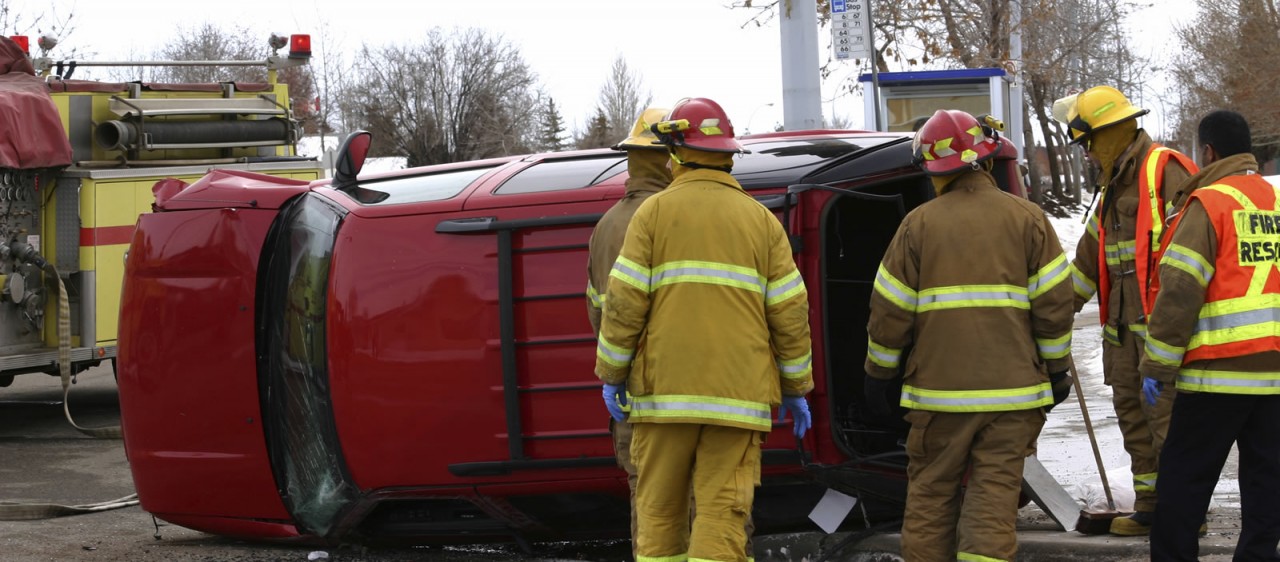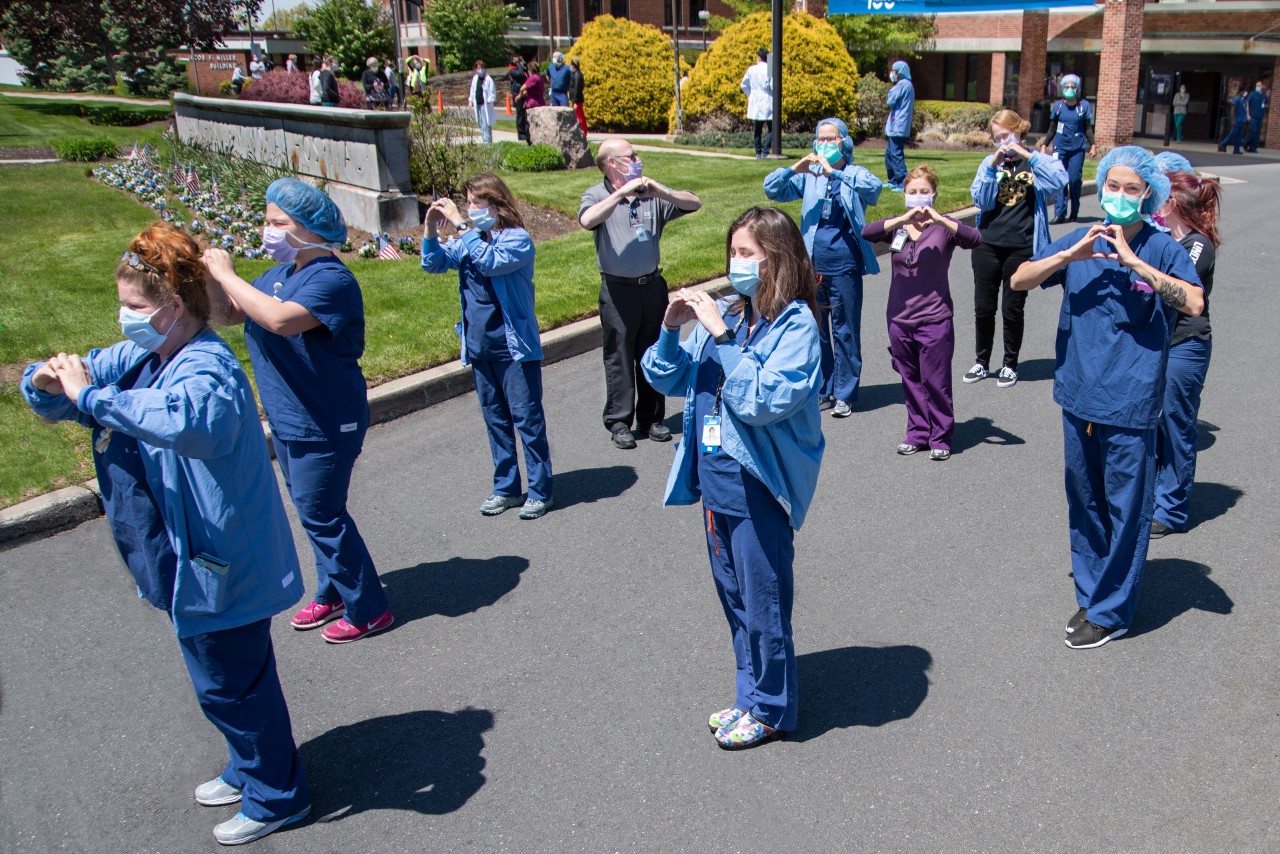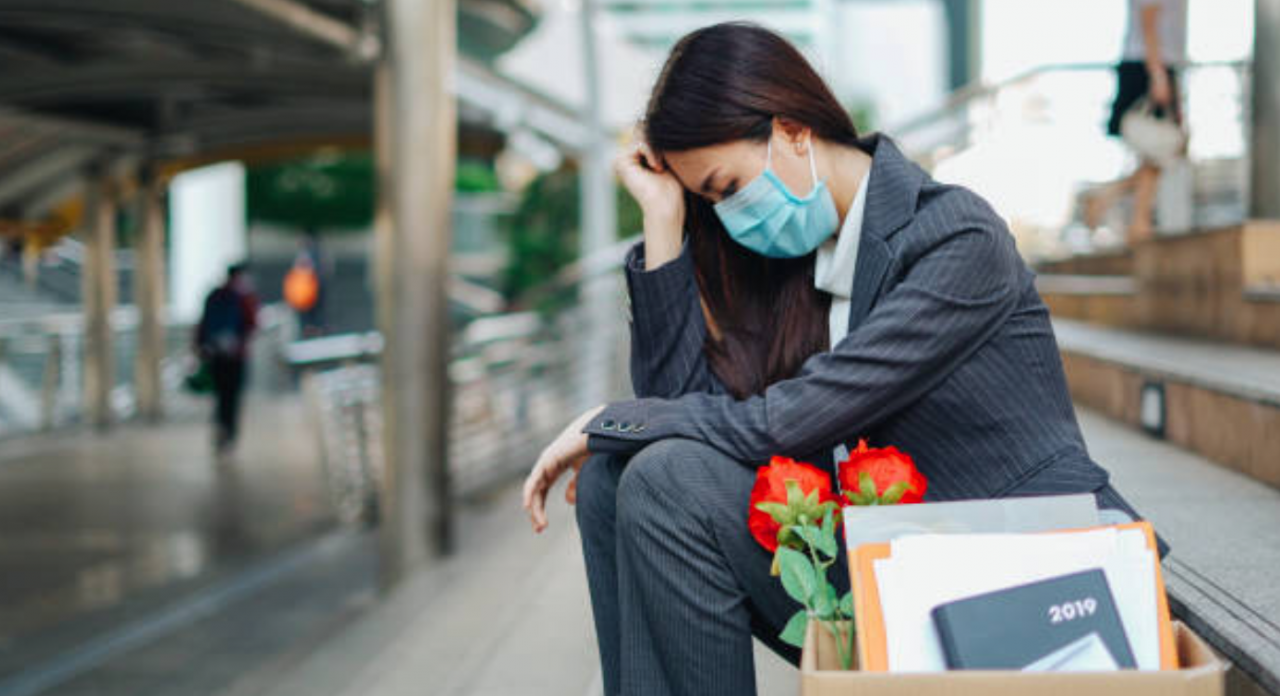PROTECTIONS FOR FIRST RESPONDERS WHO CONTRACT COVID-19 IN NH
Executive Order for First Responders:
In the case of first responders, the burden of establishing causation with respect to COVID-19 has been made easier for the time being by Governor Sununu’s Emergency Order #36. This Order establishes that “Notwithstanding the provisions of RSA 281-a:2, XI and XIII, 16 and 27, in any proceeding before the New Hampshire Department of Labor or the administratively attached Compensation Appeals Board, there shall exist a prima facie presumption that the first responder’s COVID-19 exposure and infection were occupationally related.”
For purposes of the order, “First Responder” includes any individual covered by the definition of “Emergency response/public safety worker” as set forth in RSA 281-A:2V-c, which includes call, volunteer, or regular firefighters; certified law enforcement officers, county corrections officers; emergency communication dispatchers (incongruously, given the isolated nature of the work); and rescue or emergency medical personnel. The Order does not cover healthcare workers or any other employees who have been identified as essential workers during the emergency order. To be eligible for the protections of this Order, a “first responder” must have tested positive for COVID -19 and the case must have been reported to the Department of Health and Human Services.
It is important to note this is not new legislation, but an Order which is in effect only for the duration of the COVID-19 state of emergency in the New Hampshire. As such, unless there is a change, this Order and the presumption it provides is temporary and is only set to last as long as the state of emergency is in place. When this Order expires, the presumption will lapse and in order to be covered for workers’ compensation from contracting COVID-19, first responders will be required to prove more probably than not, that they contracted the illness in and during the course of their work by applying the increased risk test or perhaps under the theory of occupational disease.
Learn more about COVID-19 laws regarding unemployment and workers' compensation in New Hampshire.








